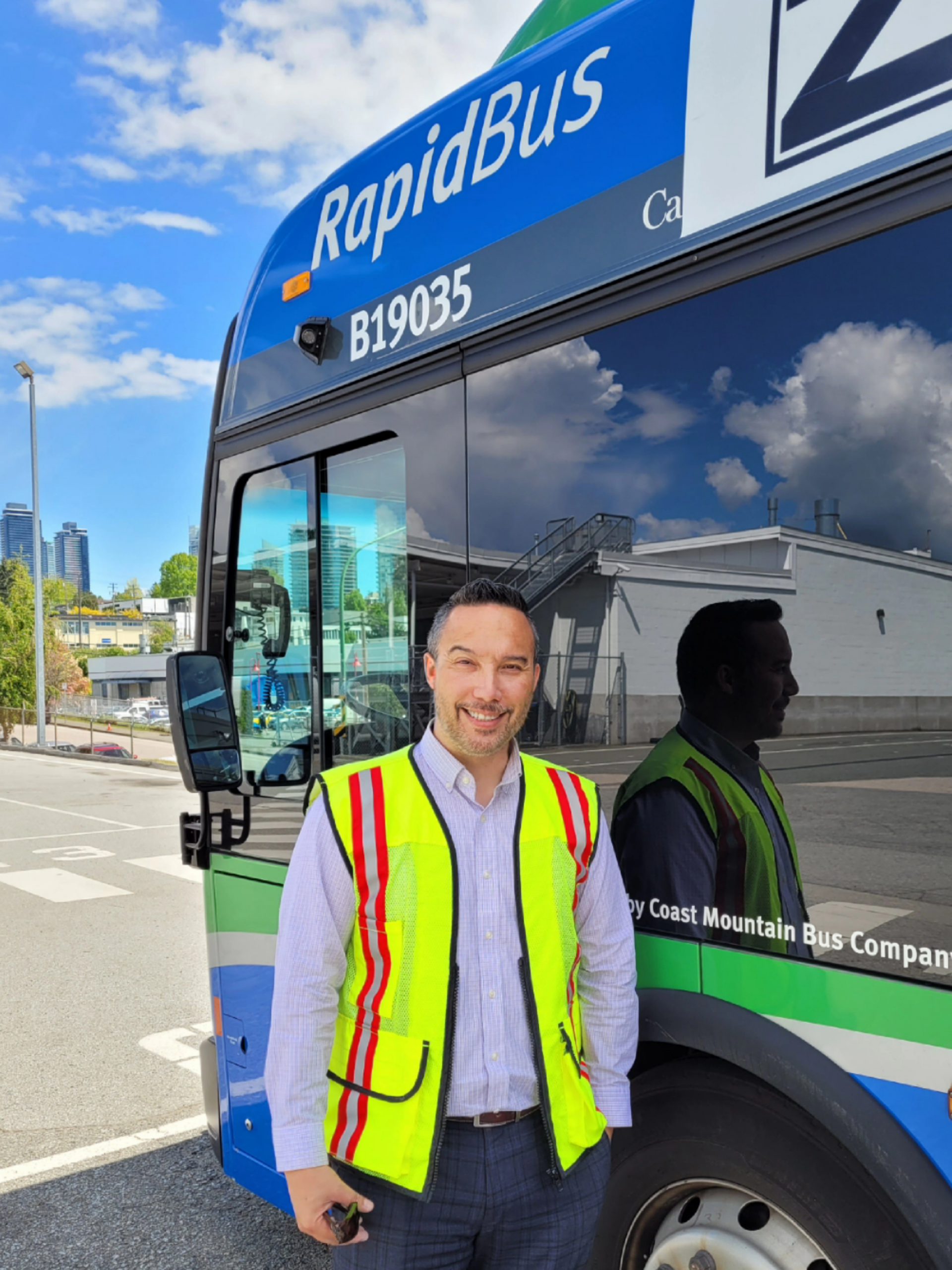The windfalls of knowing a second language
The windfalls of knowing a second language
Among second-generation Canadians, it’s common to not have a strong command of their mother tongue growing up — but not Albert Lau.
Although he’s half British and half Chinese, Albert was raised by Cantonese-speaking parents and grew up trilingual in East Vancouver. He speaks English and Cantonese, and understands Toisanese.
Cantonese is a Chinese language, primarily spoken by people from Hong Kong and Guangdong province in China. Mandarin and Cantonese are the two most common Chinese languages spoken in Canada. Toisanese, which comes from the same language family as Cantonese, originates from the Toisan city in Guangdong province.
Growing up, Albert embraced Cantonese and Toisanese, saying it was important for him to have that communication with his parents. He also spent two years living in Hong Kong where Cantonese is the primary spoken language, allowing him to hone and perfect the language.
This has been a windfall for Albert.
 He’s currently the Acting Operations Manager for the Burnaby Transit Centre bus depot and prior to that, Albert was the manager of Access Transit Customer Care at Coast Mountain Bus Company (CMBC).
He’s currently the Acting Operations Manager for the Burnaby Transit Centre bus depot and prior to that, Albert was the manager of Access Transit Customer Care at Coast Mountain Bus Company (CMBC).
The department is the main point of contact for client services such as registration for HandyDART and HandyCard, and administering the TaxiSaver program. HandyDART is TransLink’s door-to-door transit service for people who are unable to use the conventional bus, SkyTrain, SeaBus, and West Coast Express systems without assistance.
On occasion, there are customers who call into Customer Care who are stronger in a second language than English. Translation services are available, but Albert says knowing an additional language has enabled him to deliver an improved customer experience for these customers.
“I’ve definitely noticed that having my second language has helped others, especially in Access Transit, since some seniors are only able to get by using a certain language,” says Albert. “Although we have translation services, sometimes it’s just easier if a client speaks Cantonese, I can just jump in.”
He adds, everyone on the team jumps in too. A diverse Metro Vancouver has meant a diverse Customer Care team with myriad languages spoken, including French, Cantonese, Mandarin, Punjabi, and Tagalog.
Albert explains that even knowing a handful of words has been helpful too, allowing them to communicate to the client to hold, while they connect with a translator to join the call.
“I have a very, very great team that works for me,” says Albert. “They’re all really empathetic and they’re just a great group of people.”
This hasn’t been the only time where knowing an additional language has been a boon for Albert.
He started his career in transit as a casual community shuttle operator, before transitioning to a full-time role as a conventional bus operator. People from all walks of life, ages, abilities, and languages depend on our transit system to get them to the people and places that matter most. As a frontline employee, bus operators field all kinds of questions from customers, whether it’s how to navigate the expansive Metro Vancouver transit system or finding a point of interest.
In his 10 years of operating buses, Albert took on a role as an Acting Operations Supervisor thanks to CMBC’s emphasis on developing its people. He was able to reap the benefits of the Operations Supervisor in Training program, which trains the next generation of leaders at the company.
The program equips aspiring leaders with the skills they need through three weeks of intensive classroom and hands-on training to succeed as an Operations Supervisor. Afterward, they take on temporary roles at the various bus depots to put those skills to work and learn more about day-to-day operations.
Albert then moved to Access Transit Customer Care as a supervisor before earning a promotion to manager. Recently, he has returned to bus operations, which is a homecoming for Albert since Burnaby Transit Centre is where he began his transit career. He now leads a team of Operations Supervisors and is responsible for the second-largest bus depot in the region.
When asked to share advice for aspiring leaders, Albert replied:
“Just be real. Help as much as you can.”





